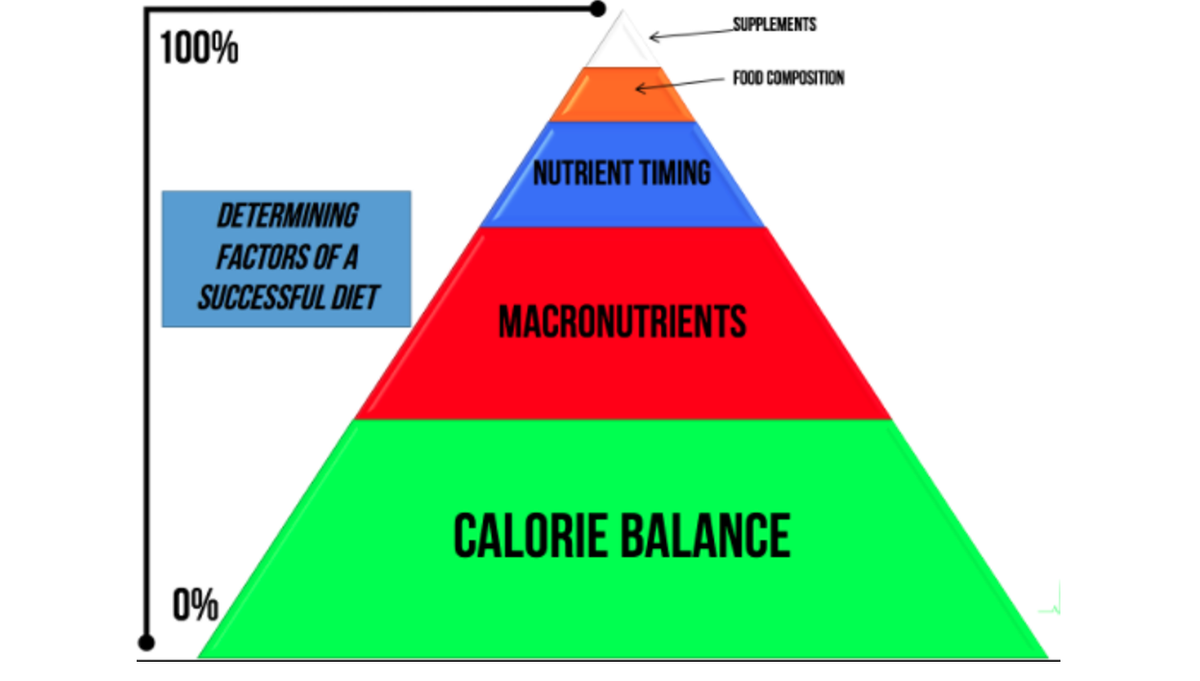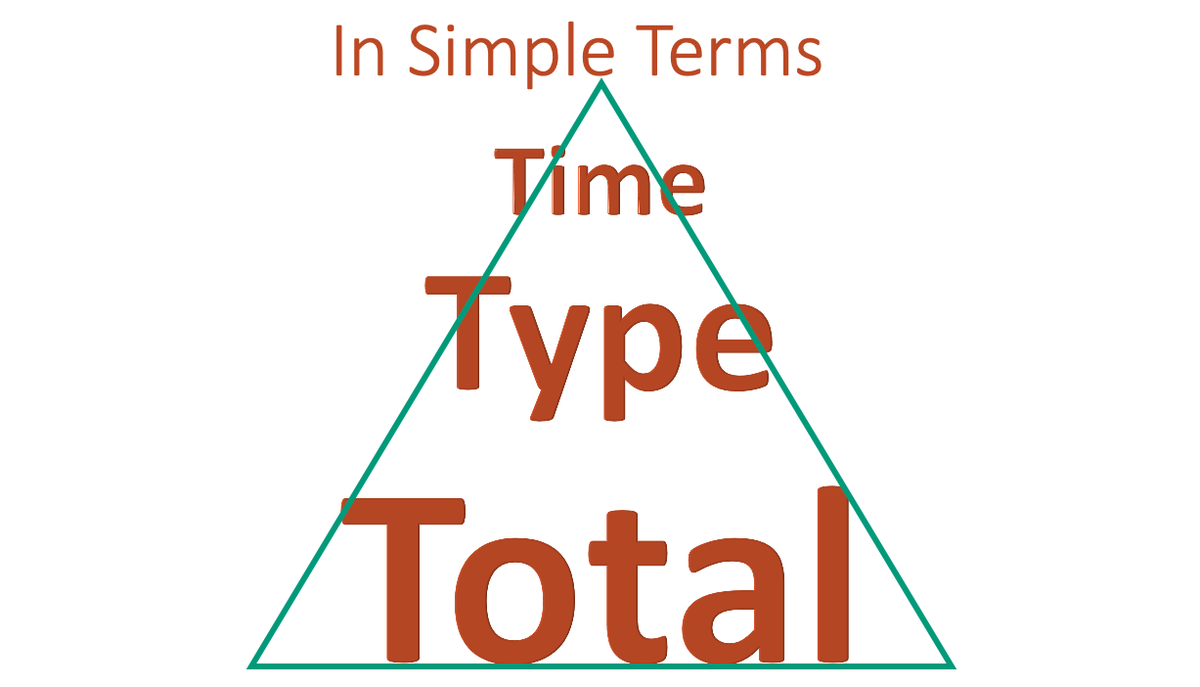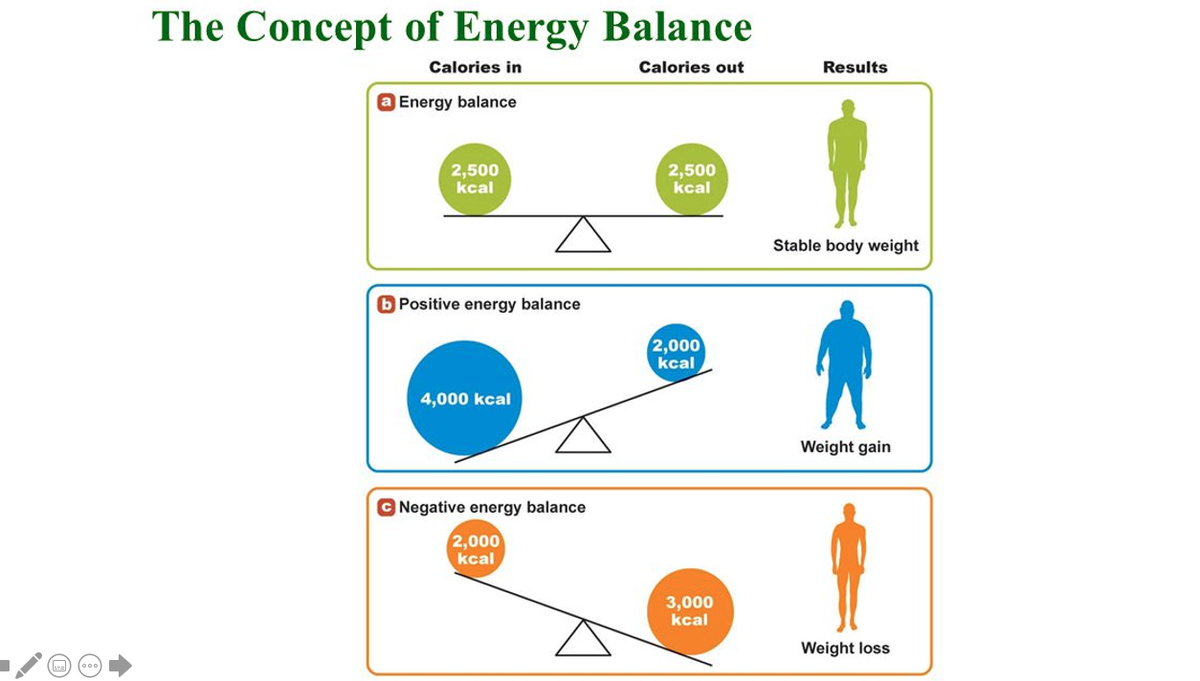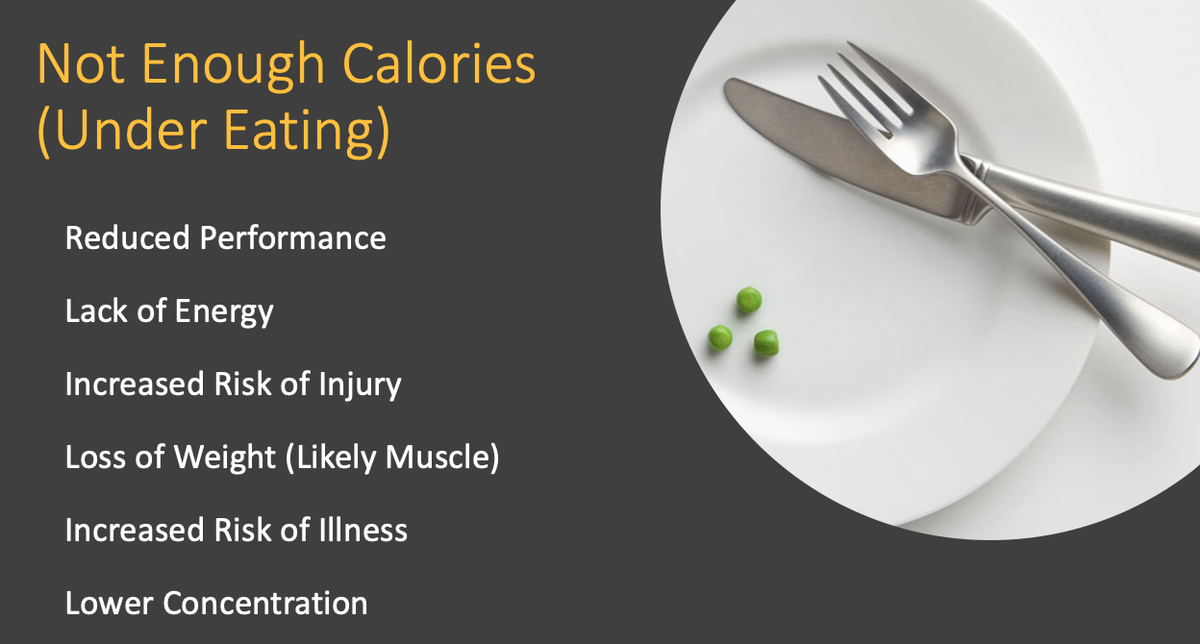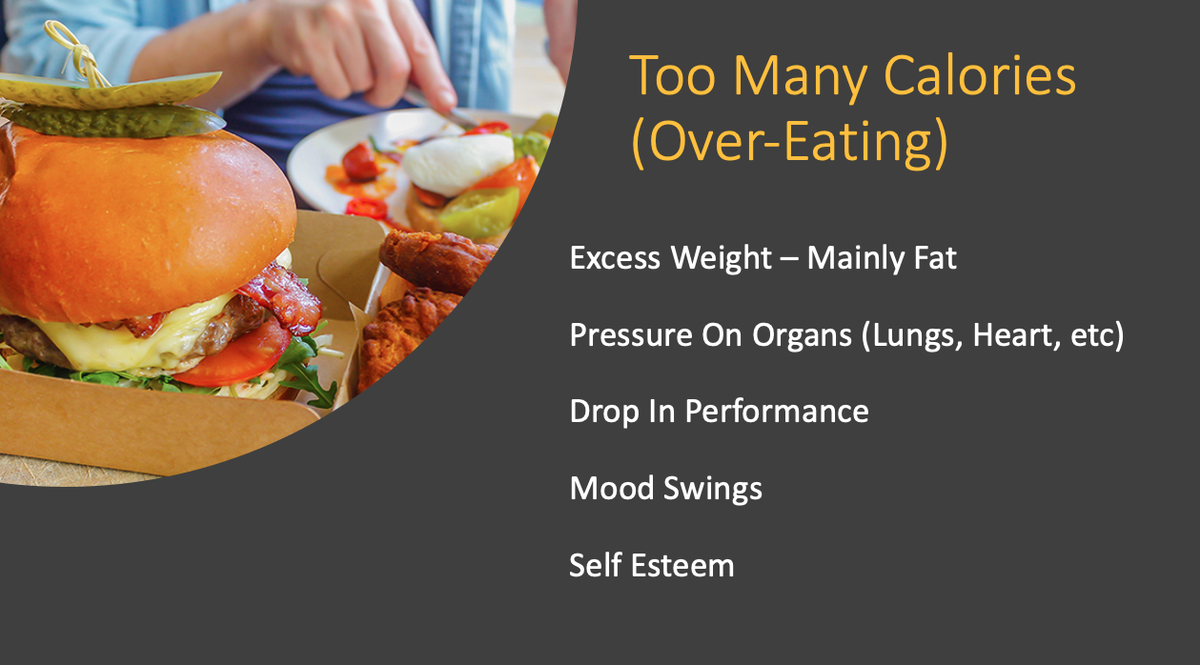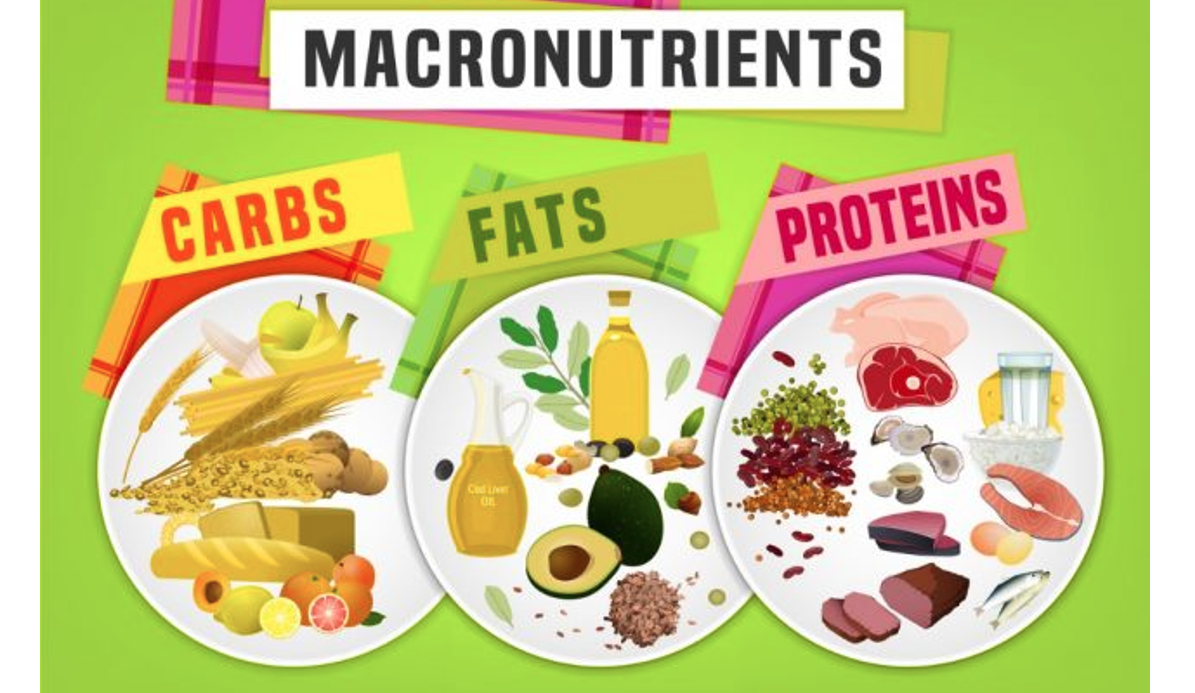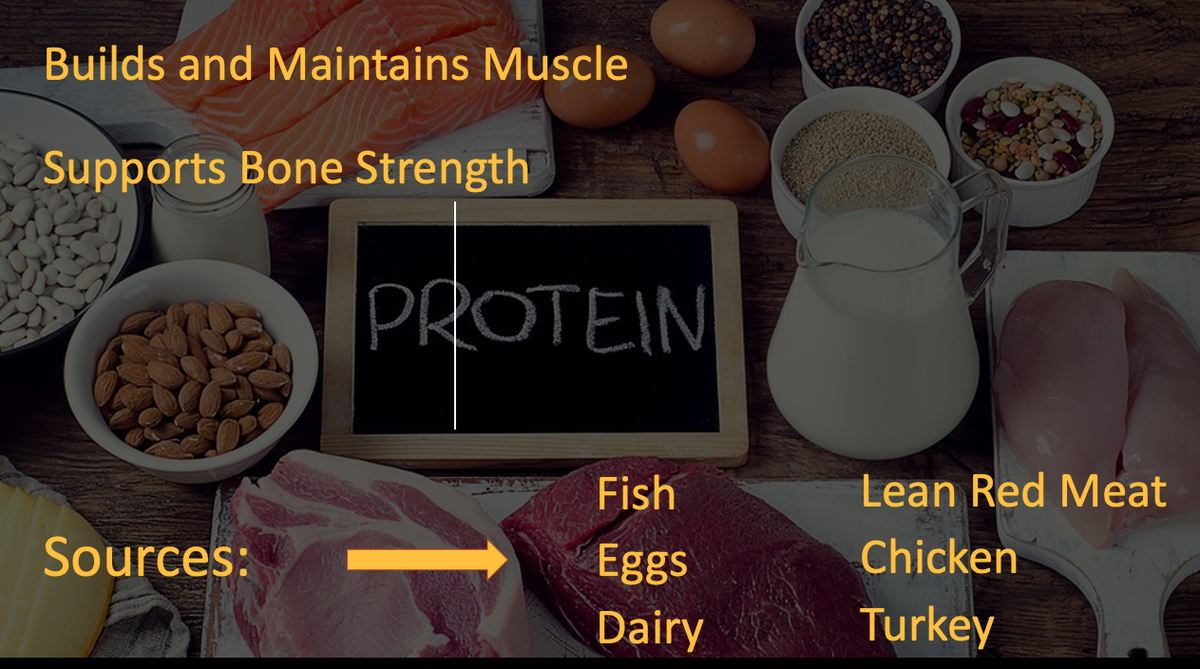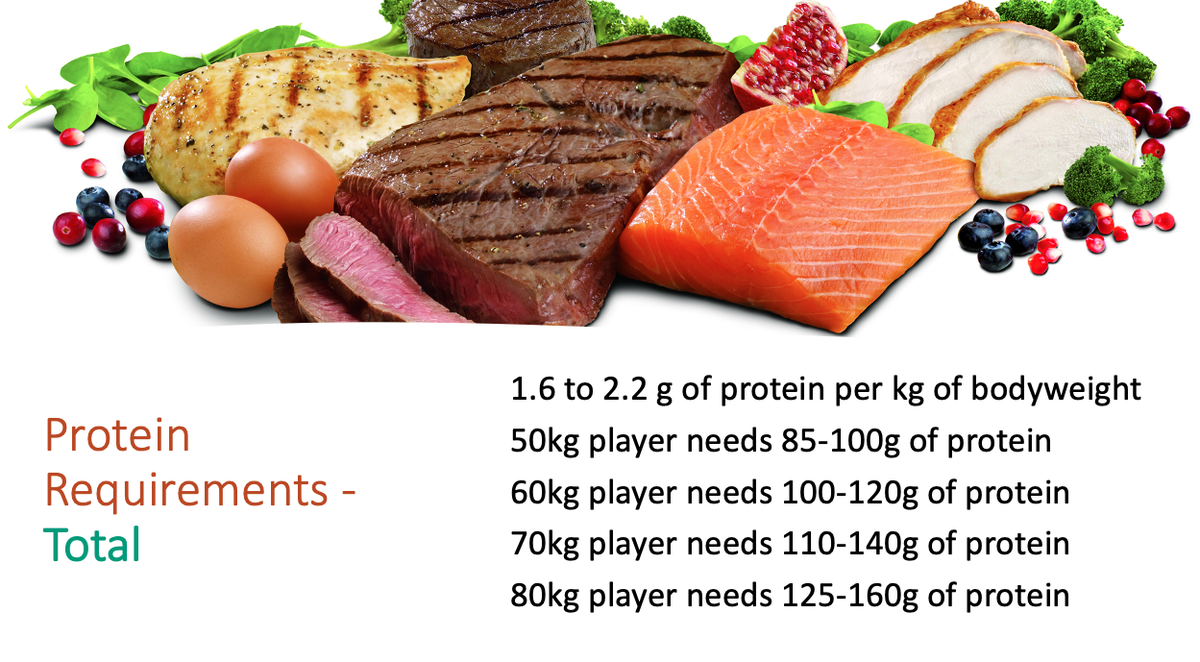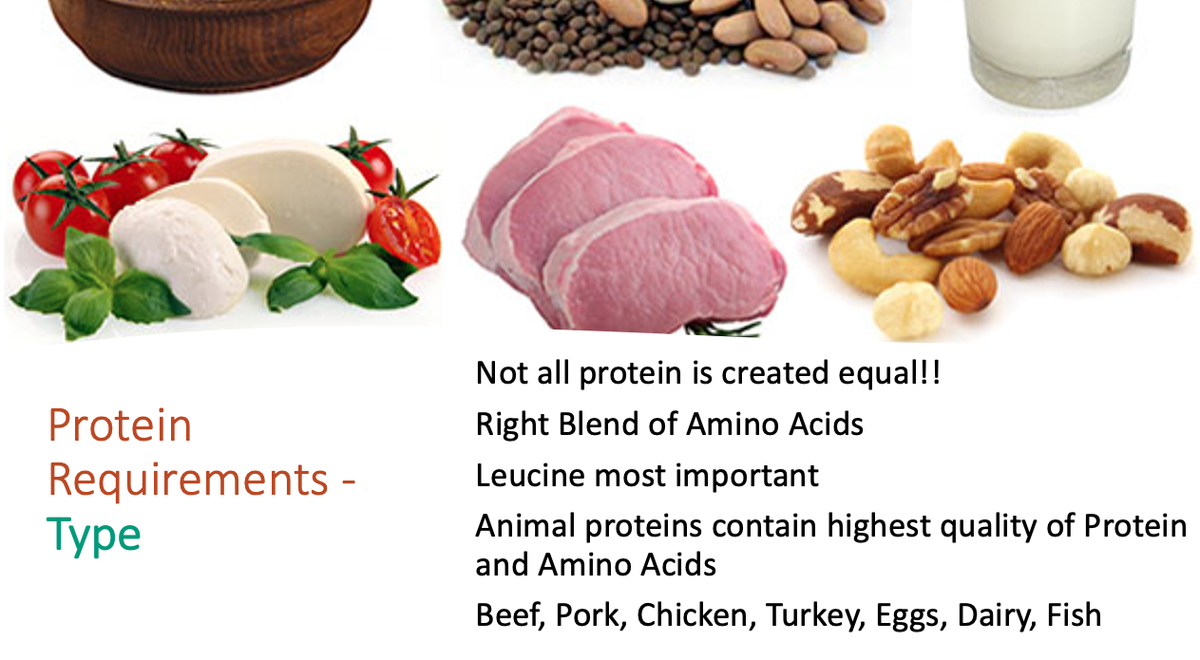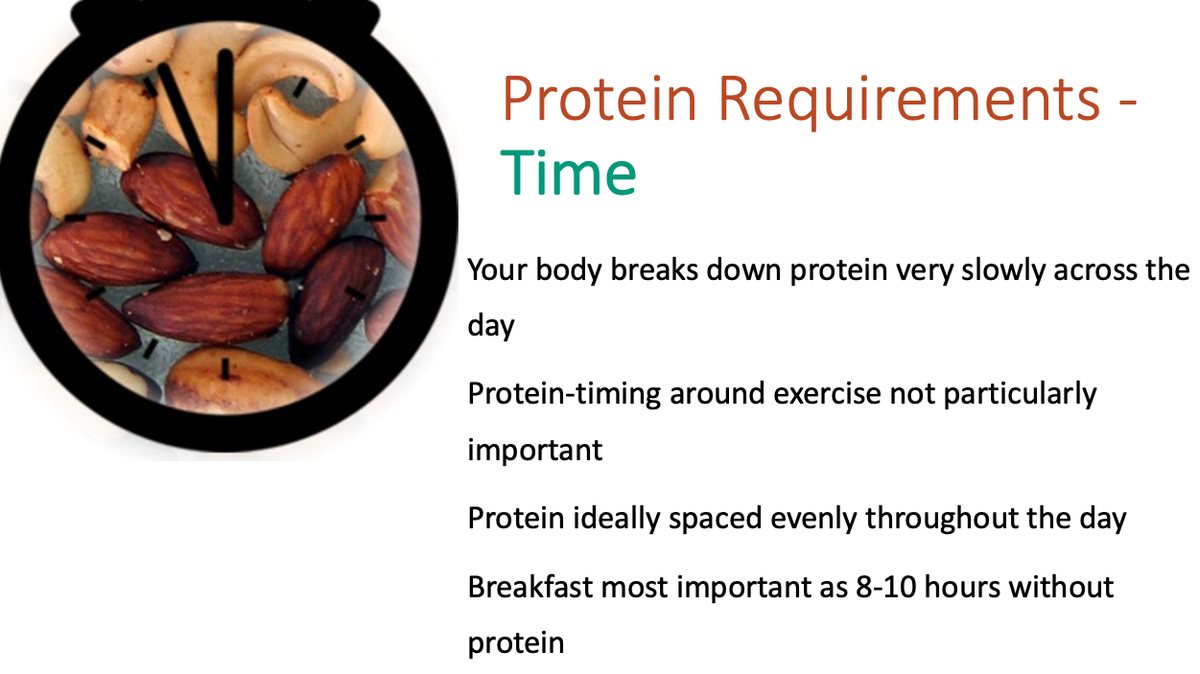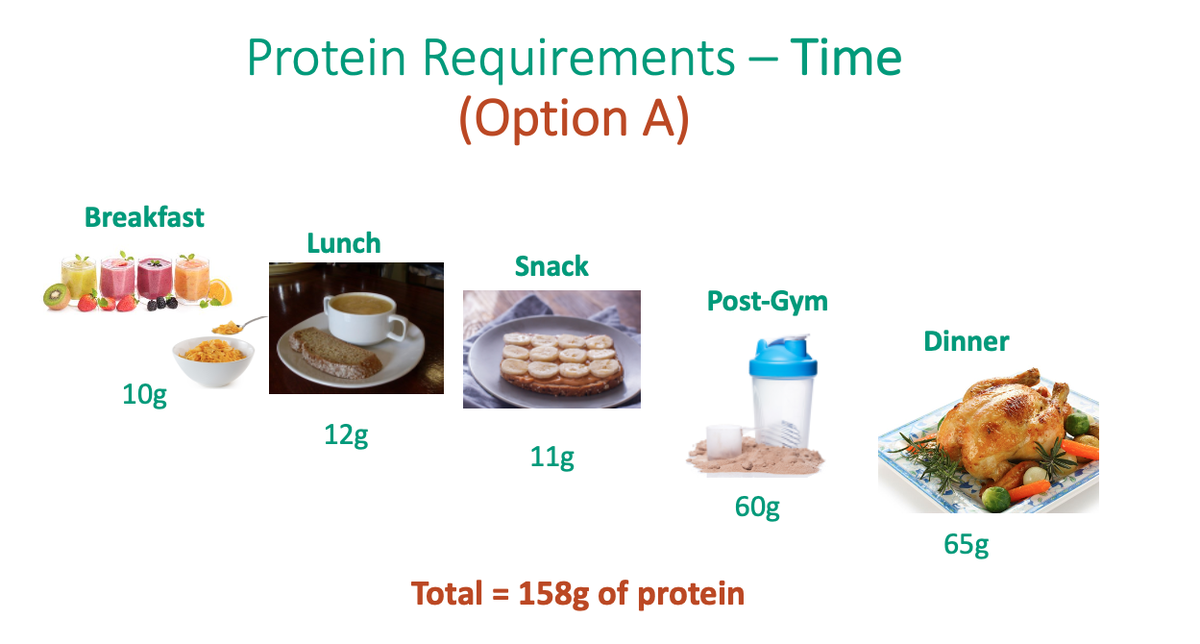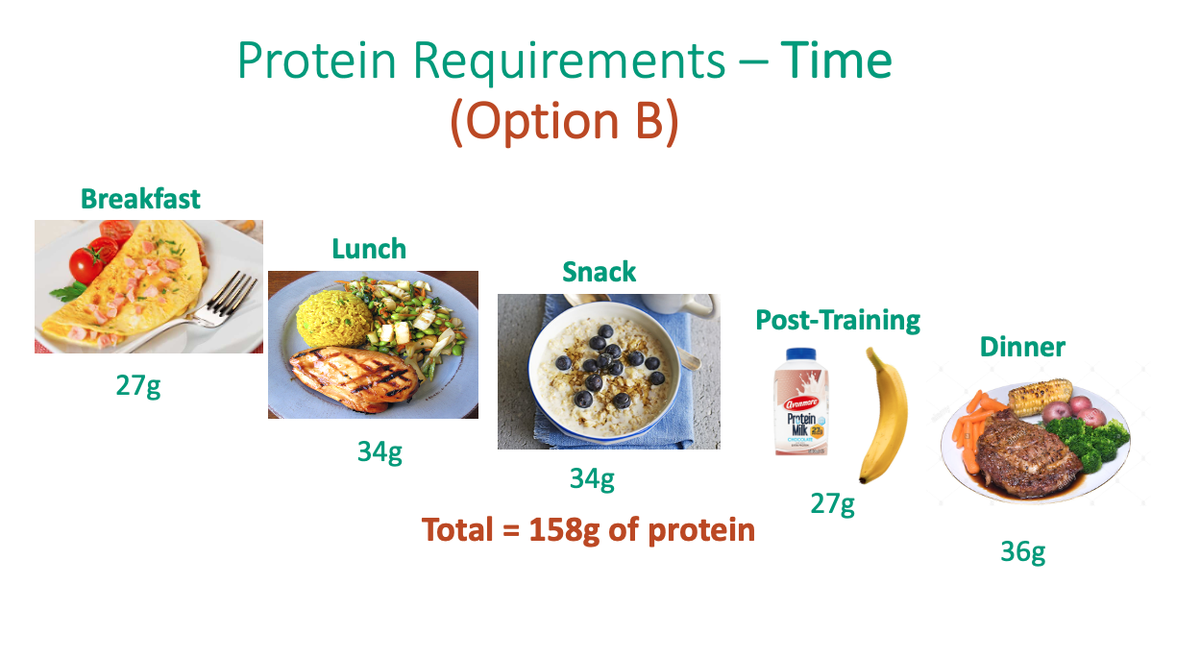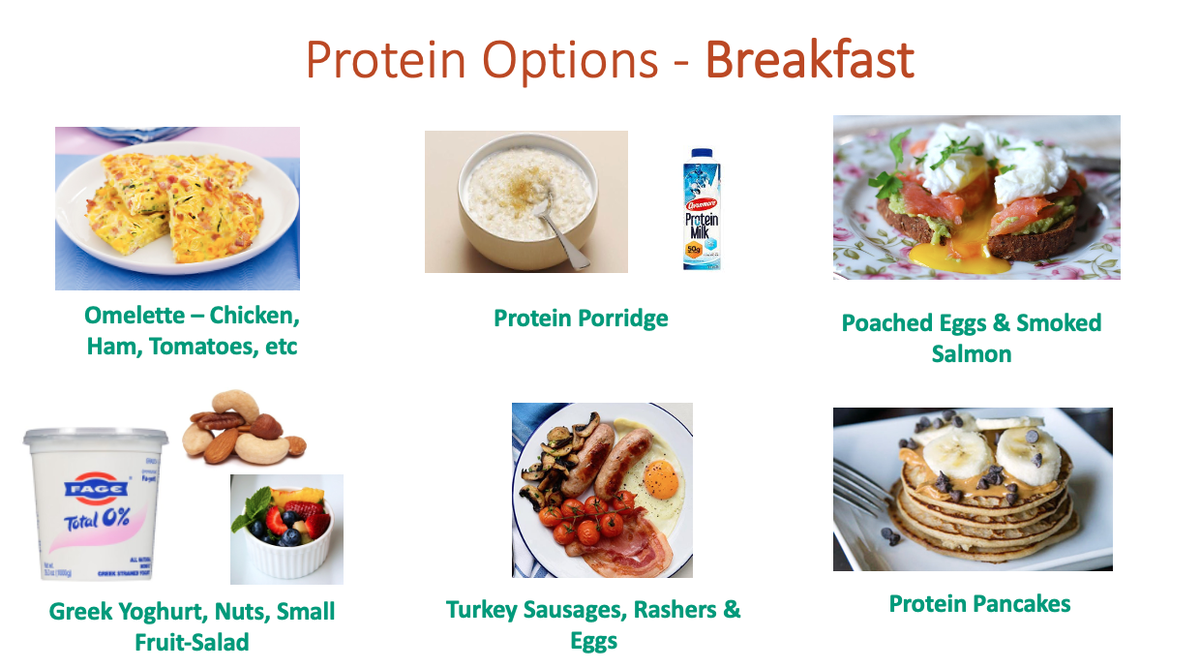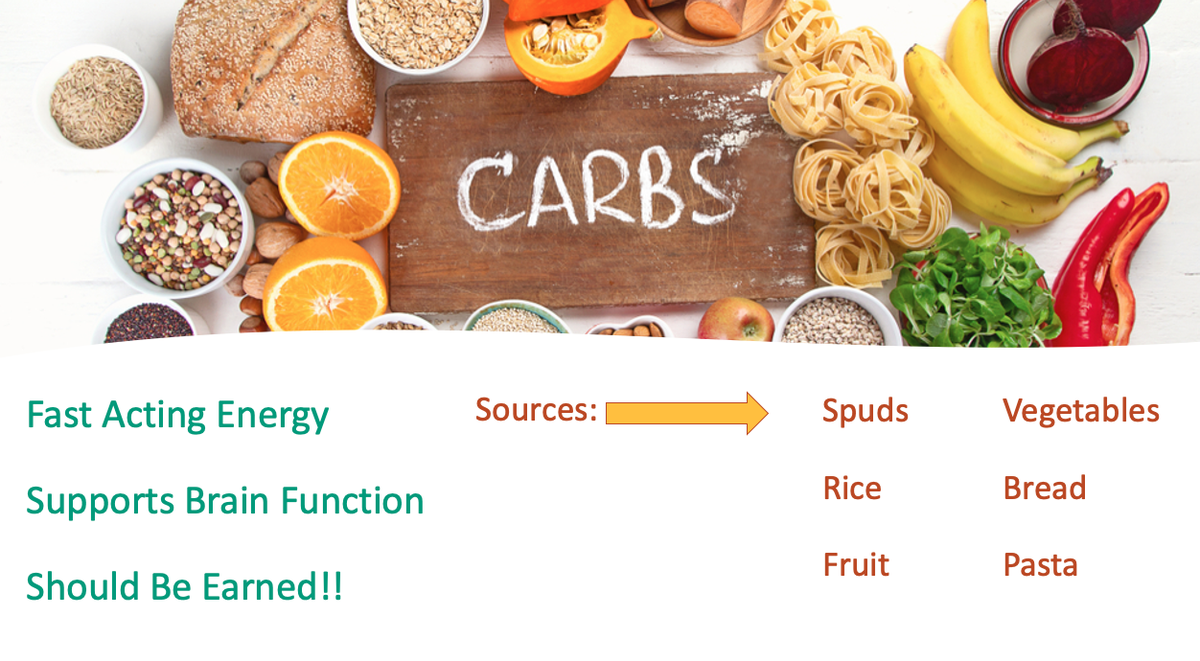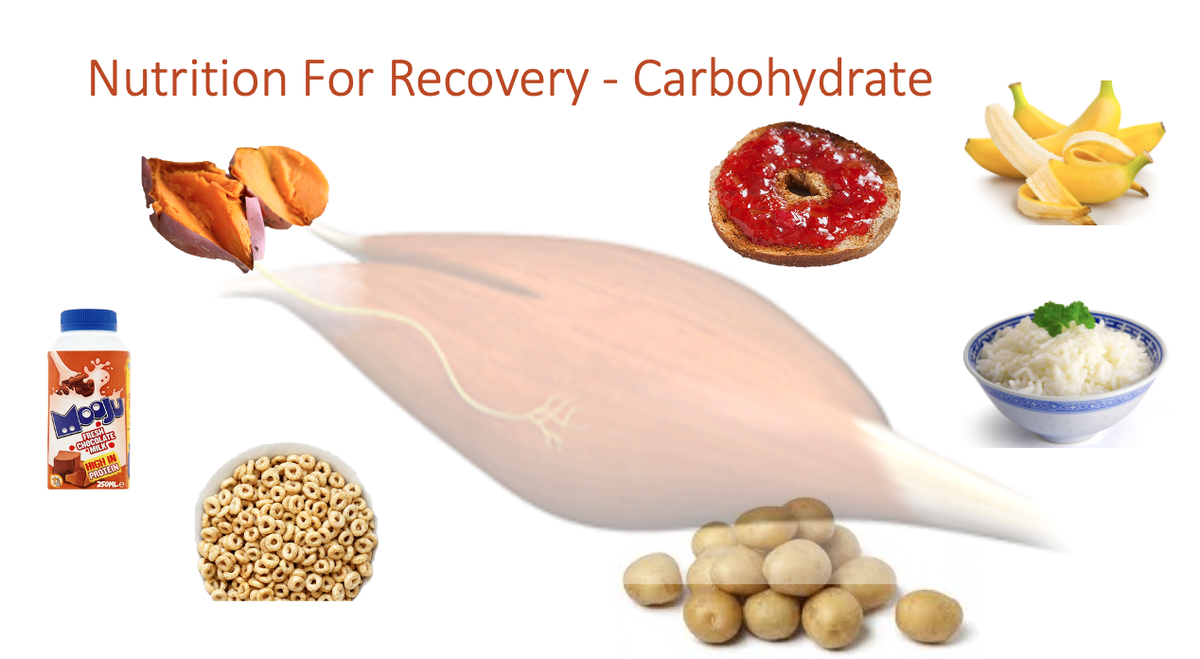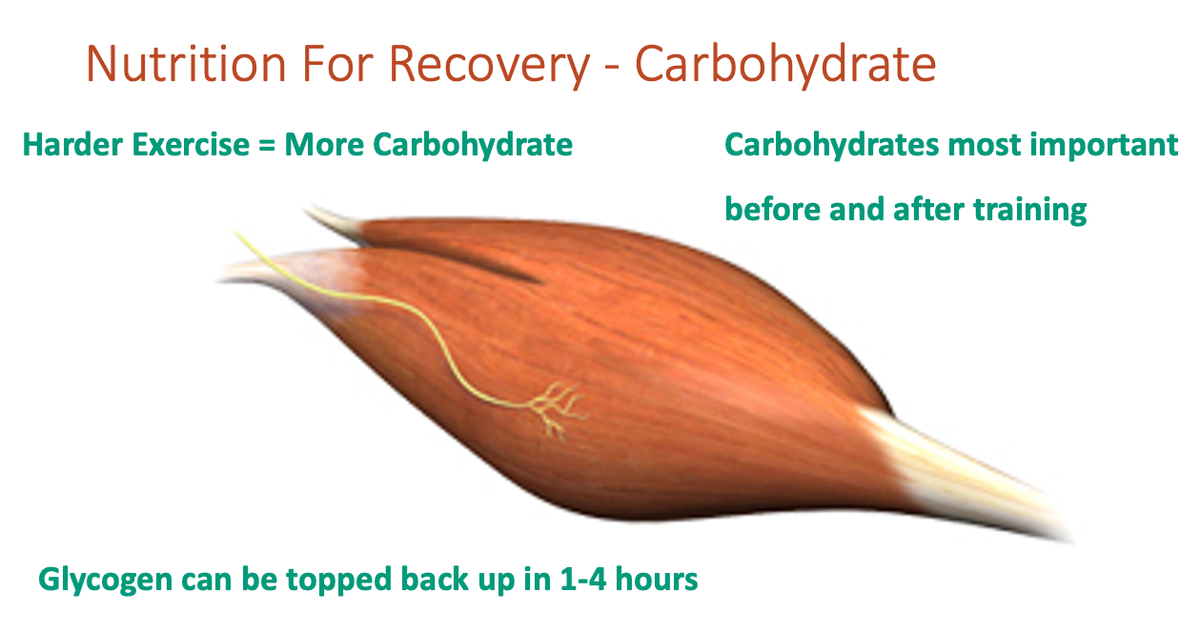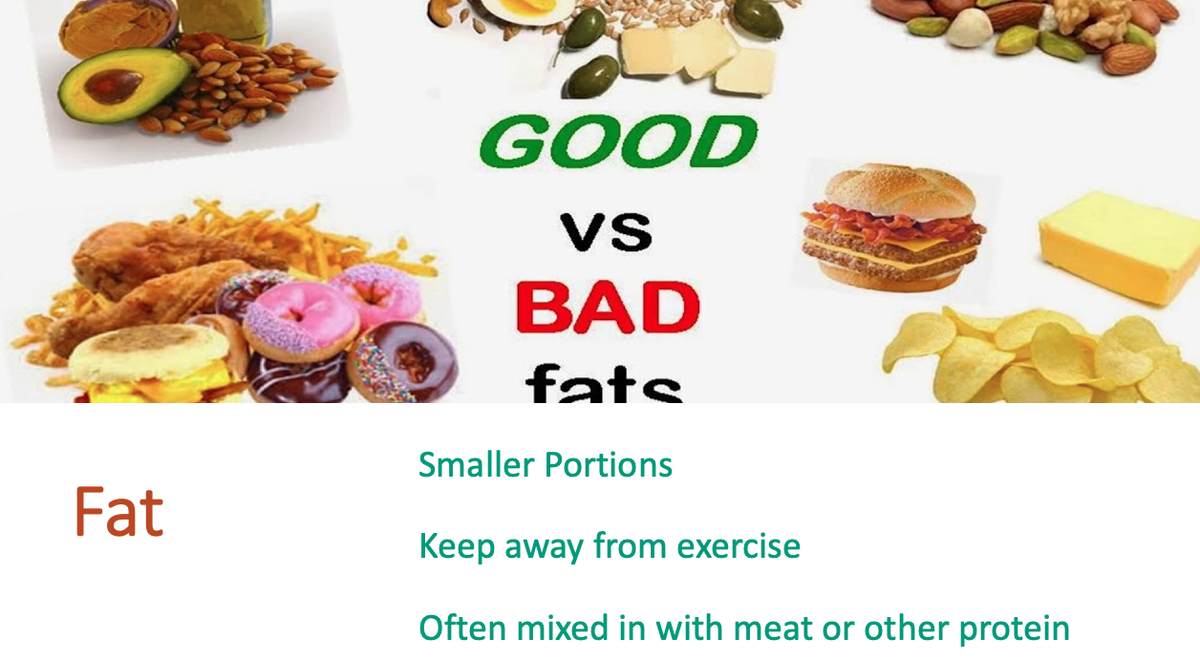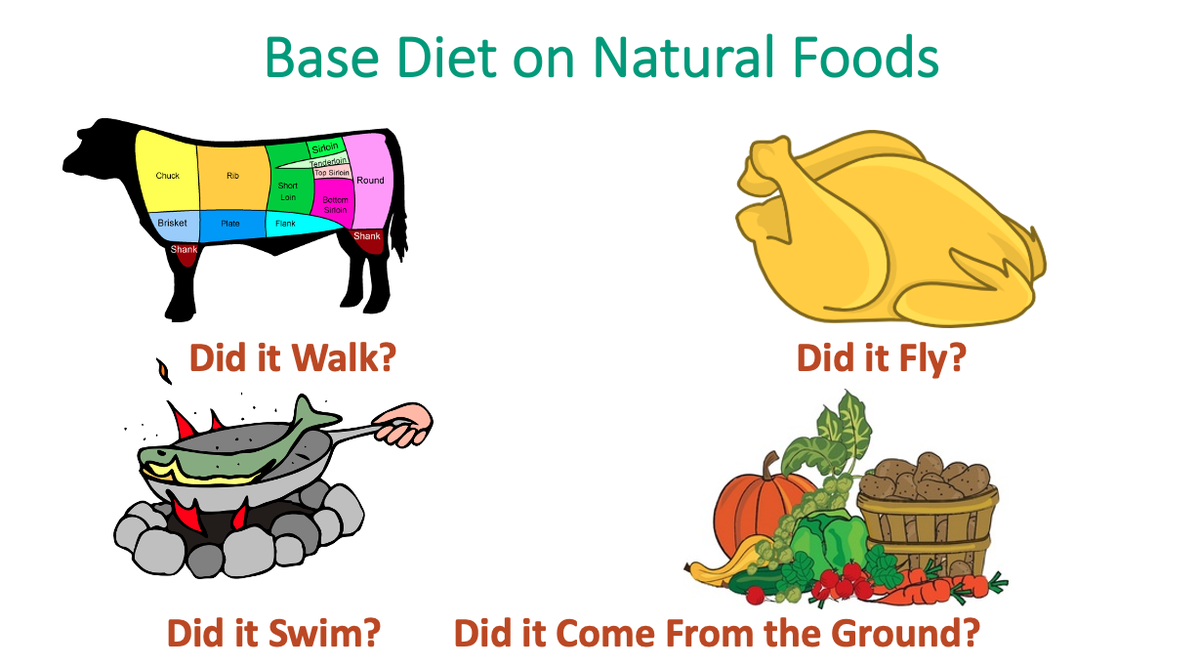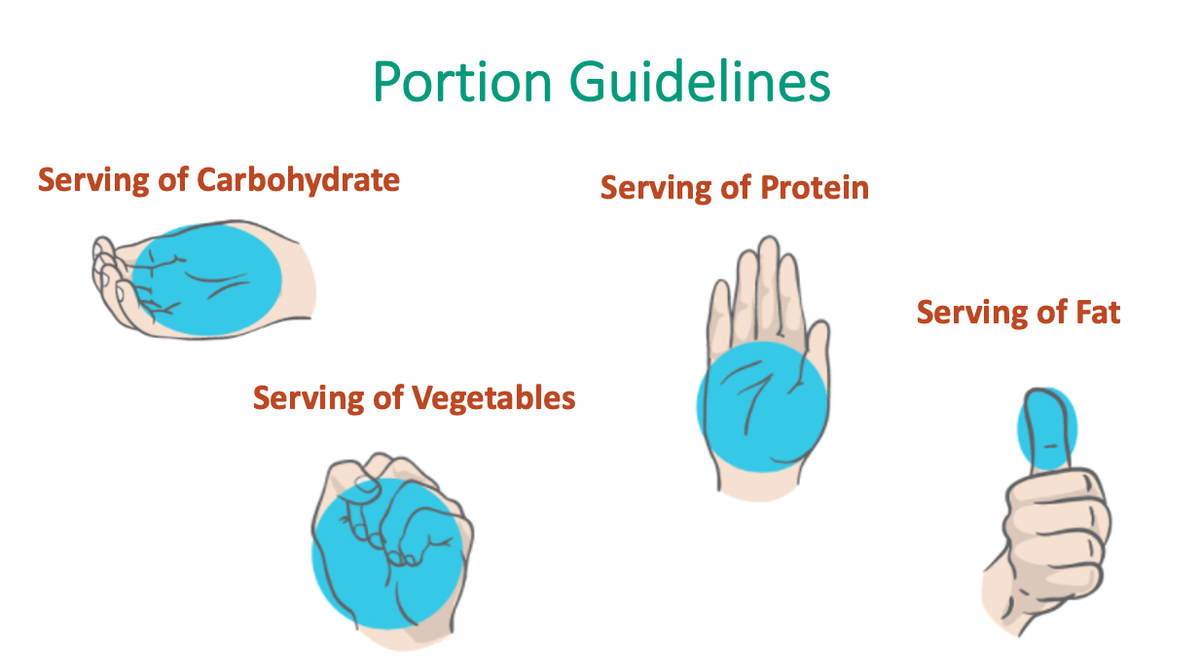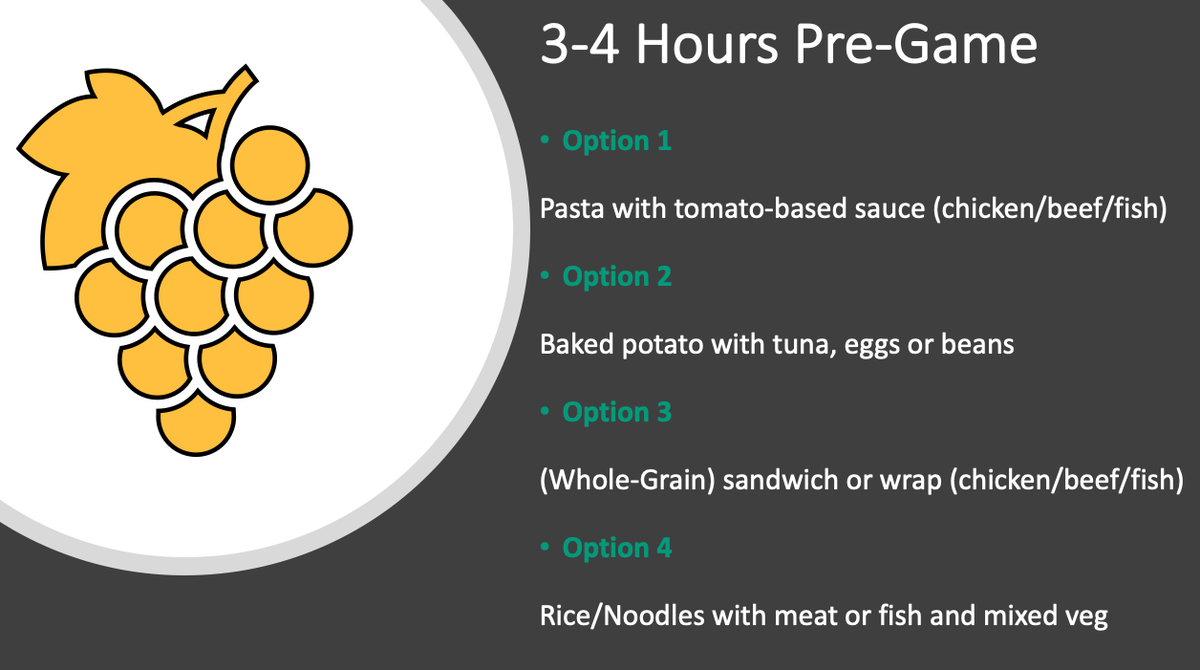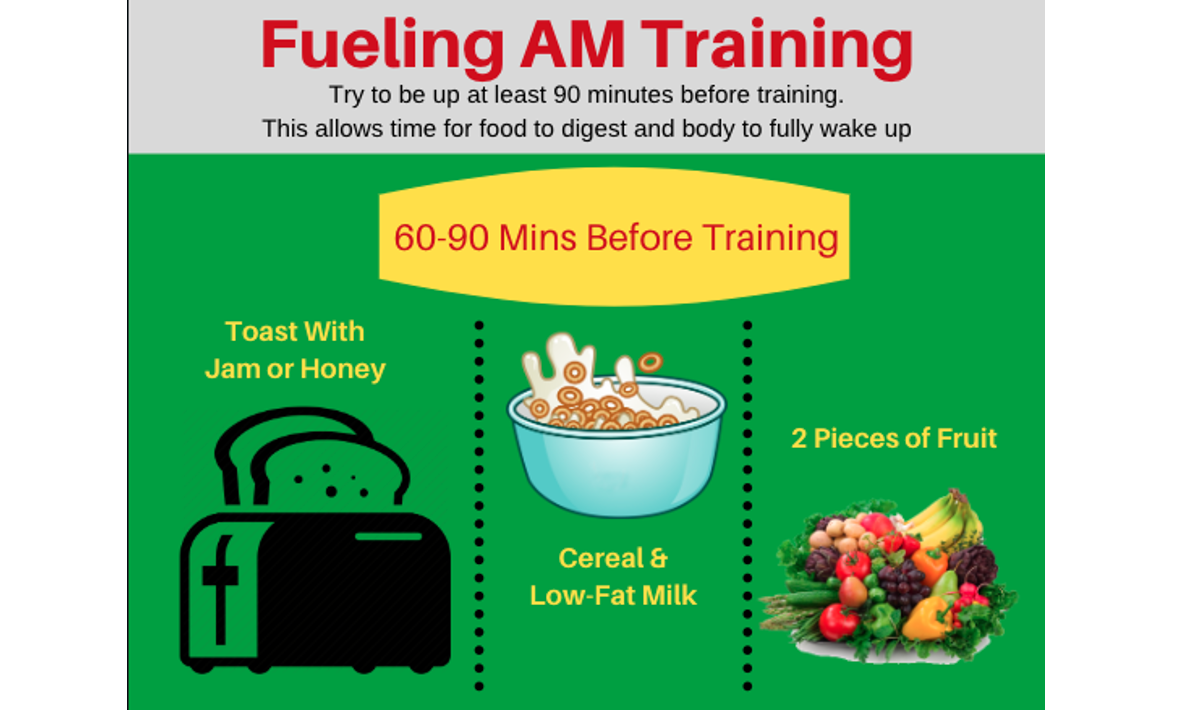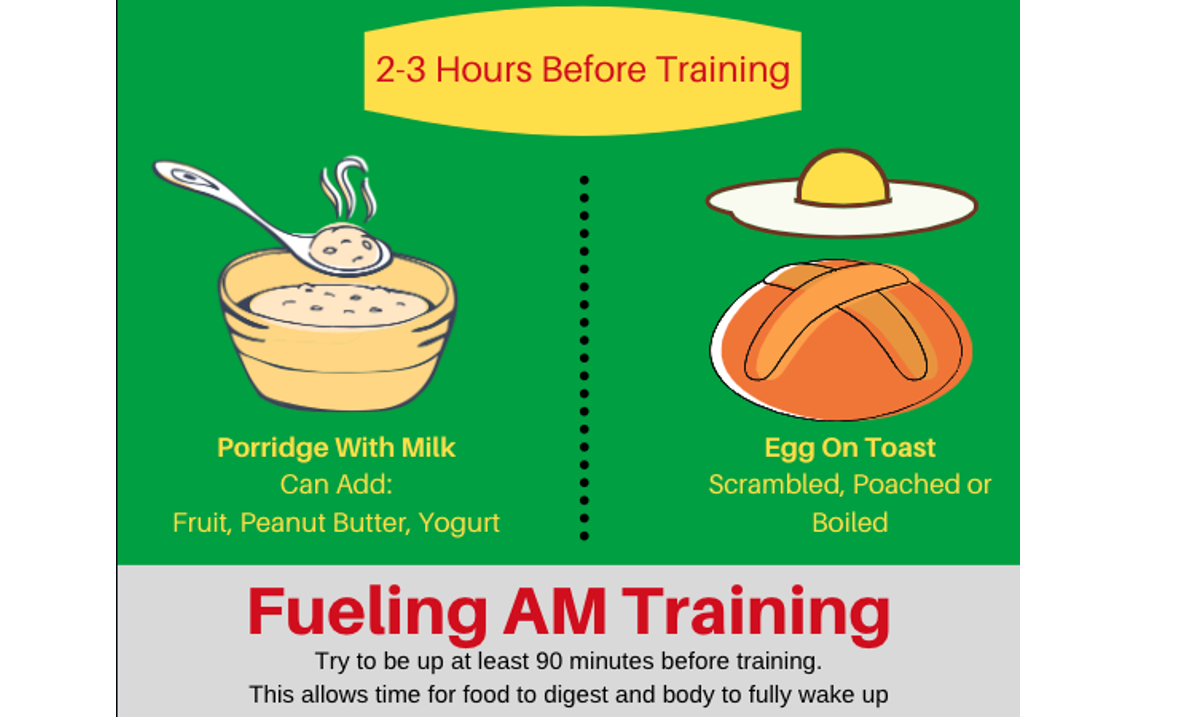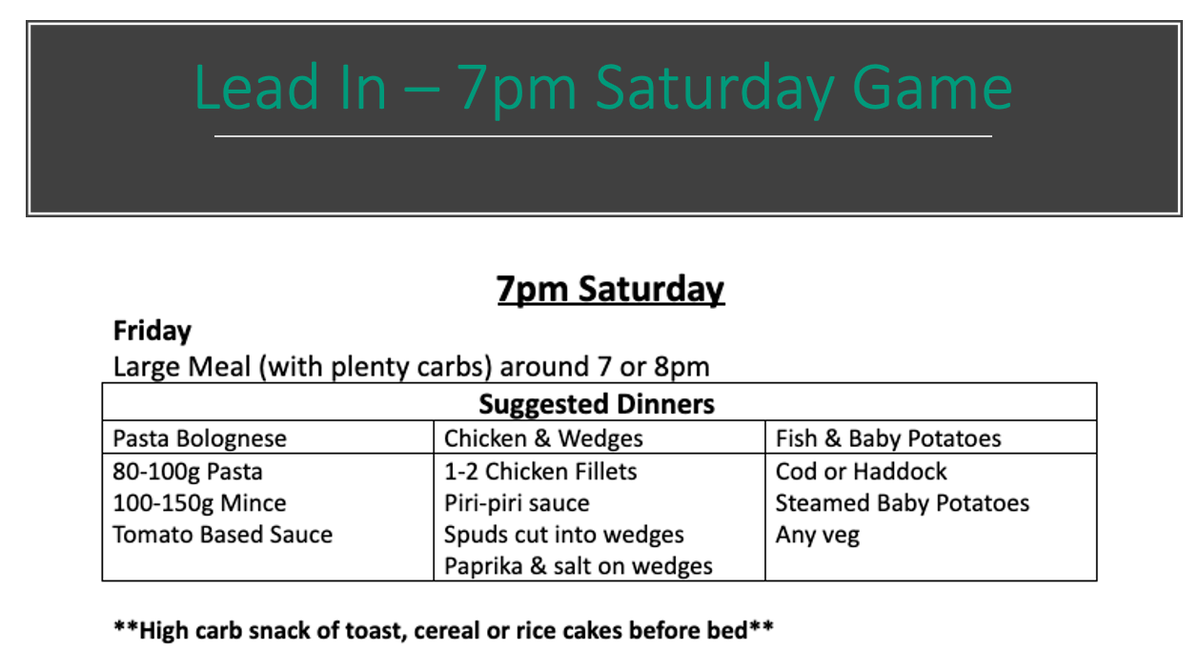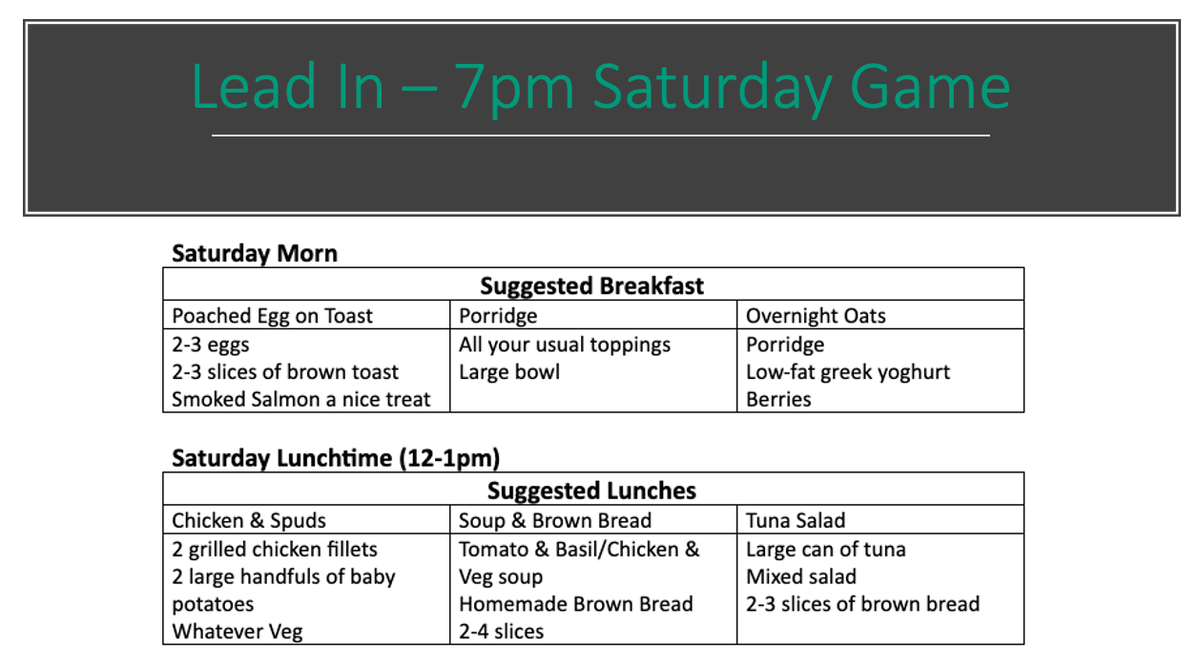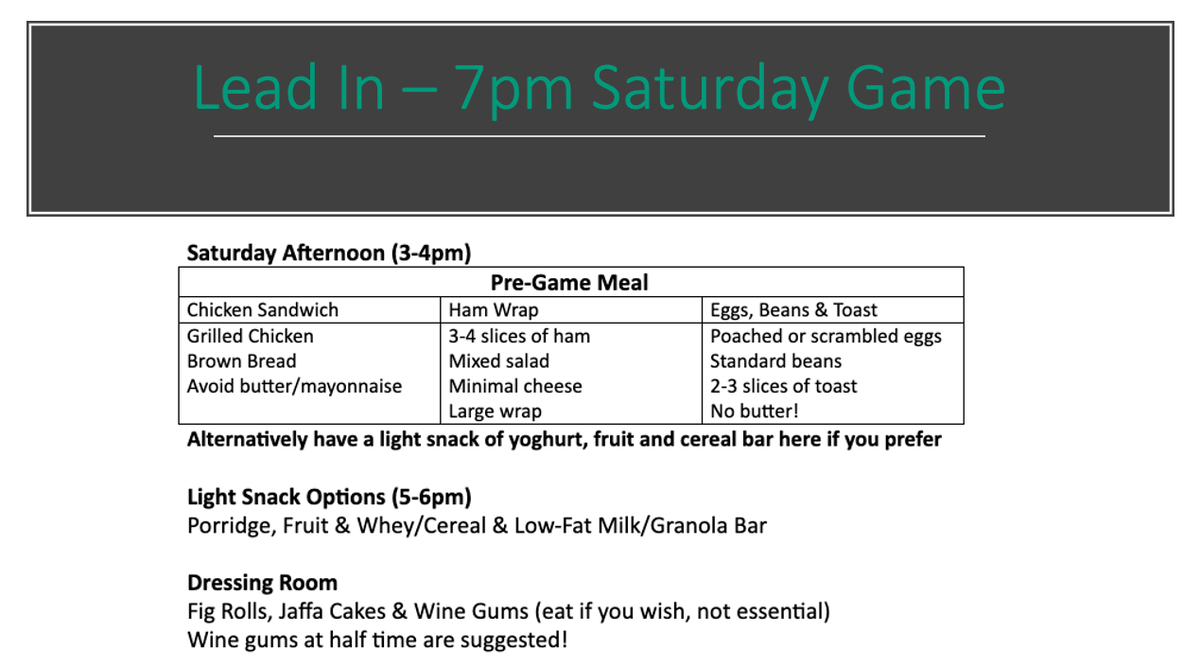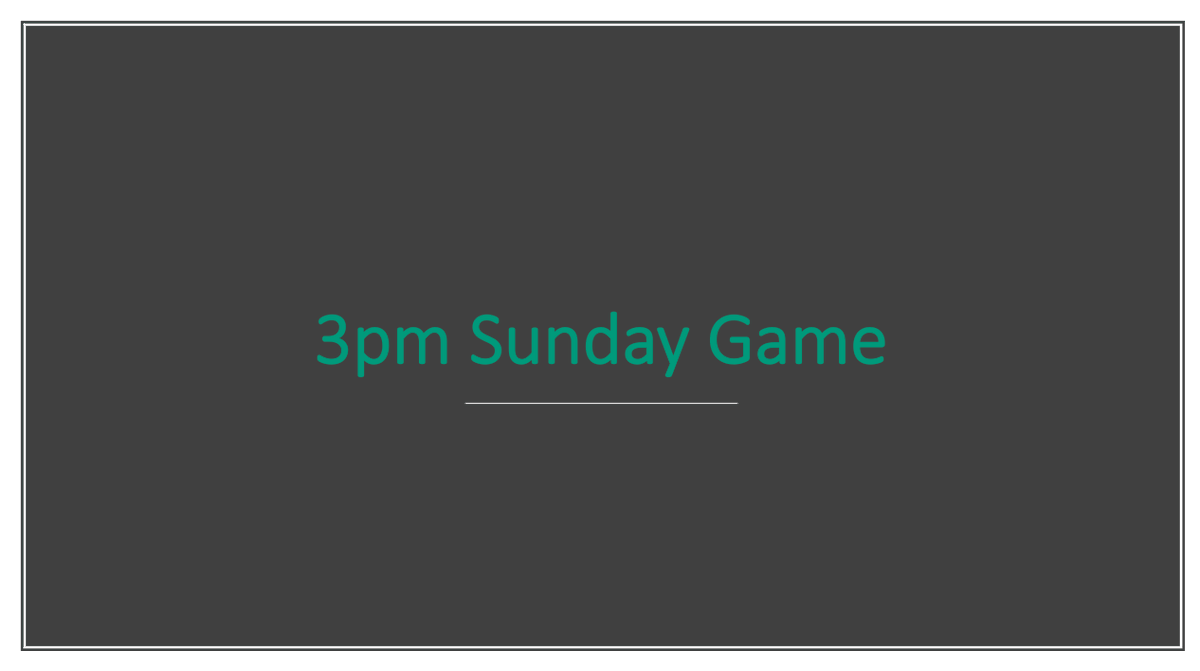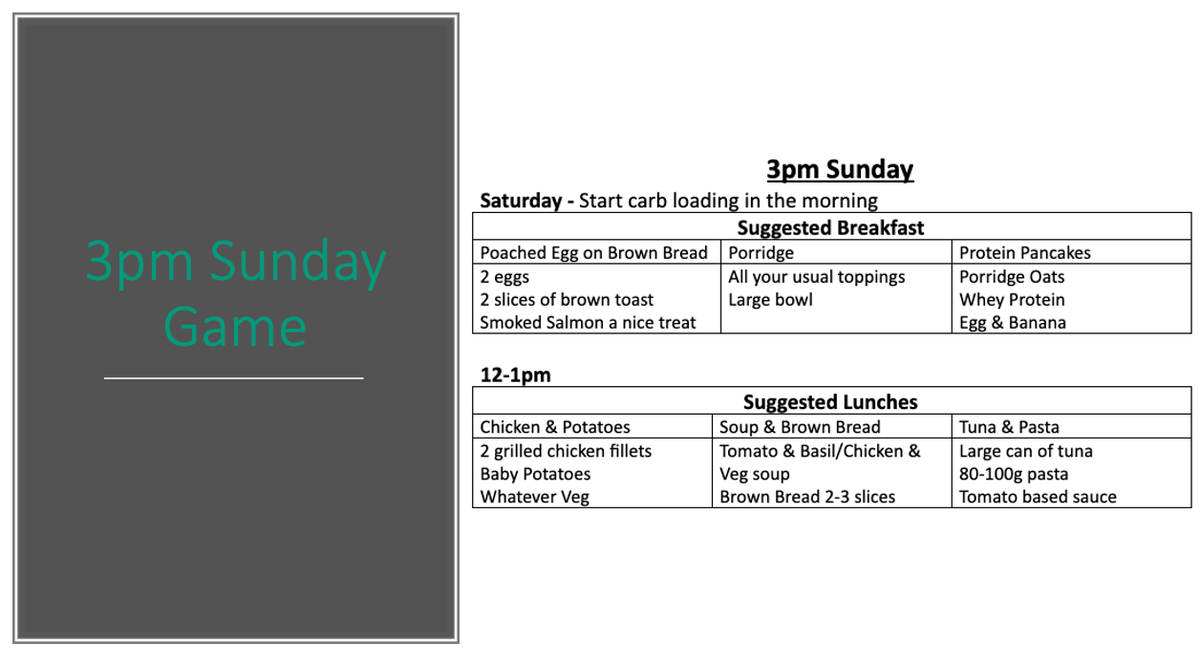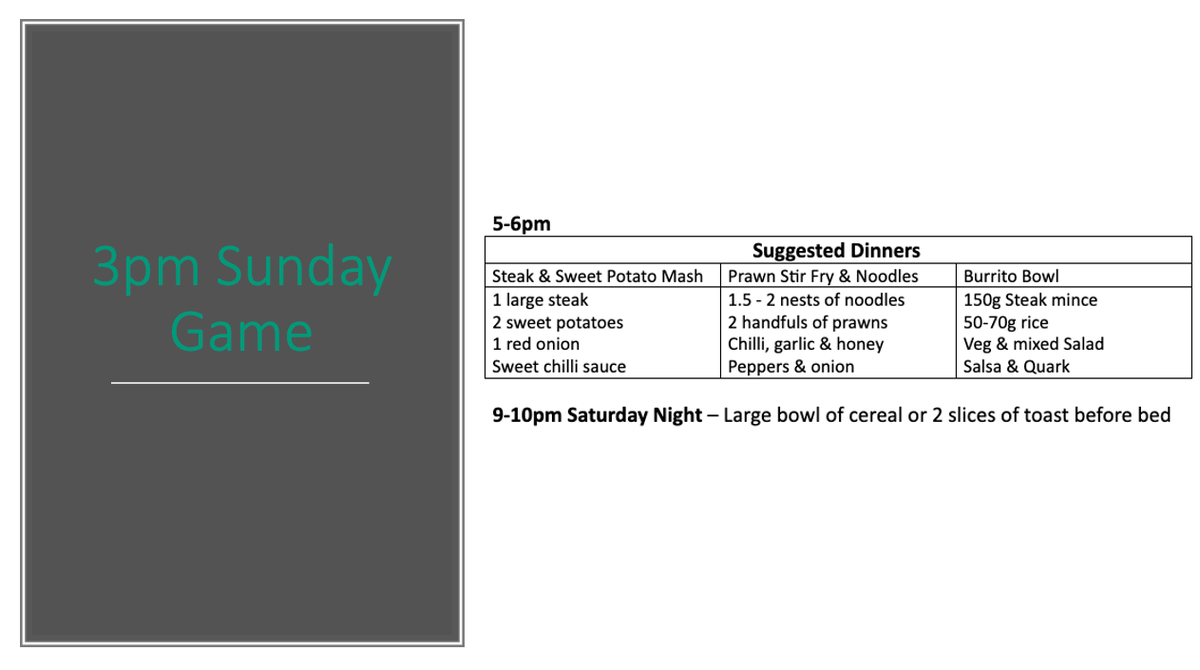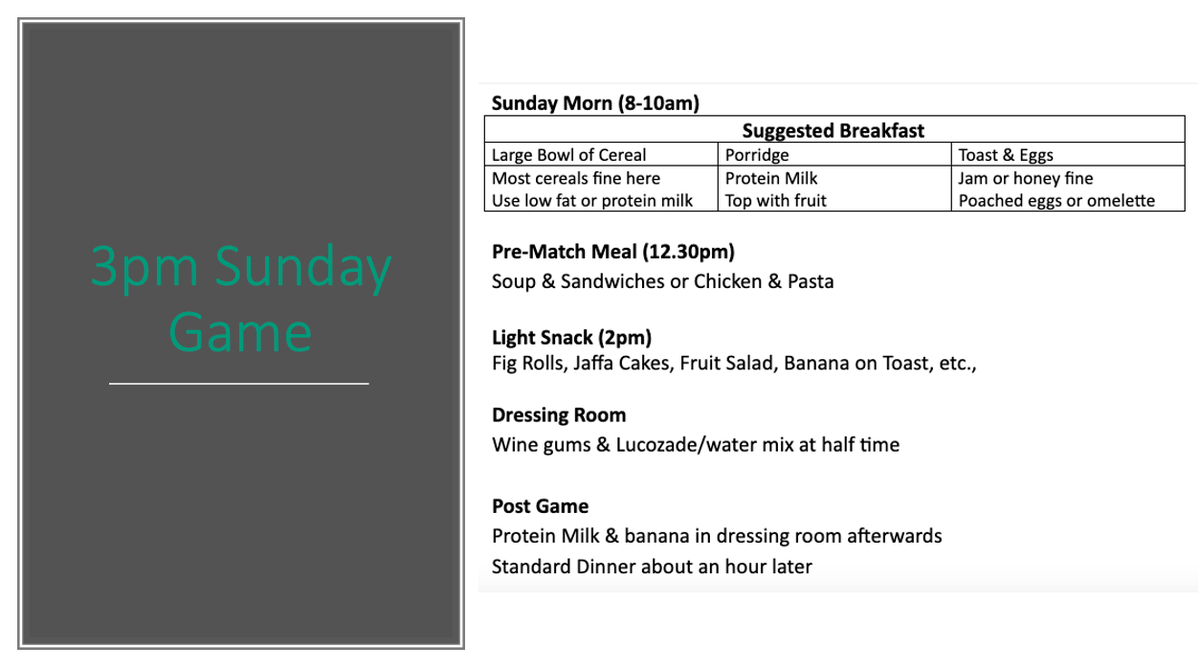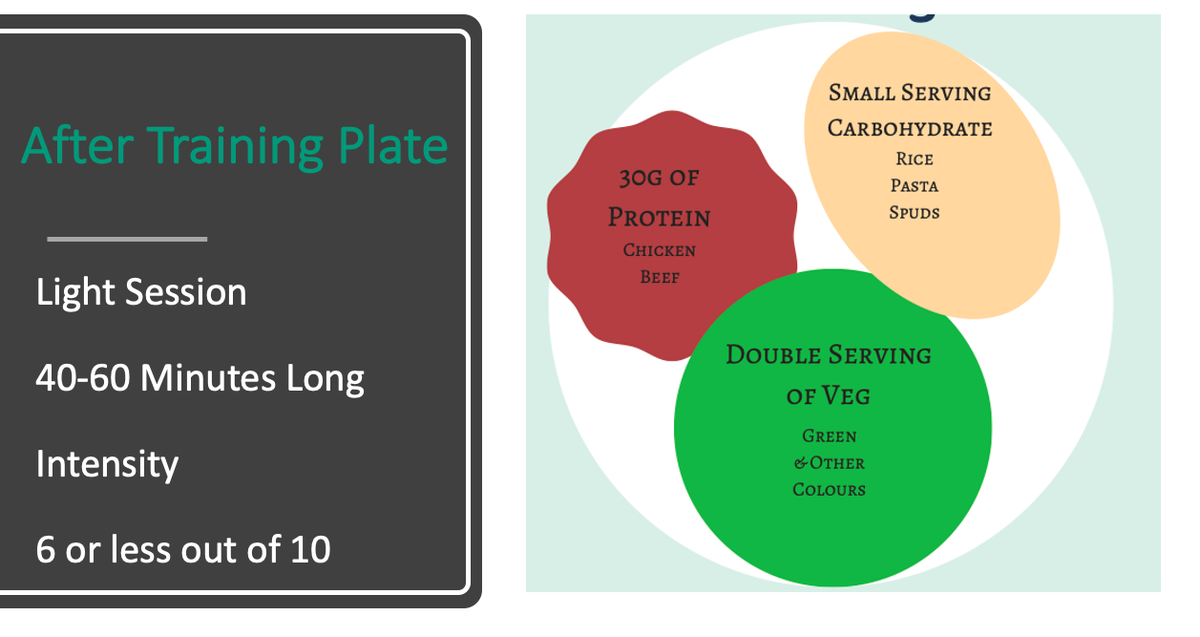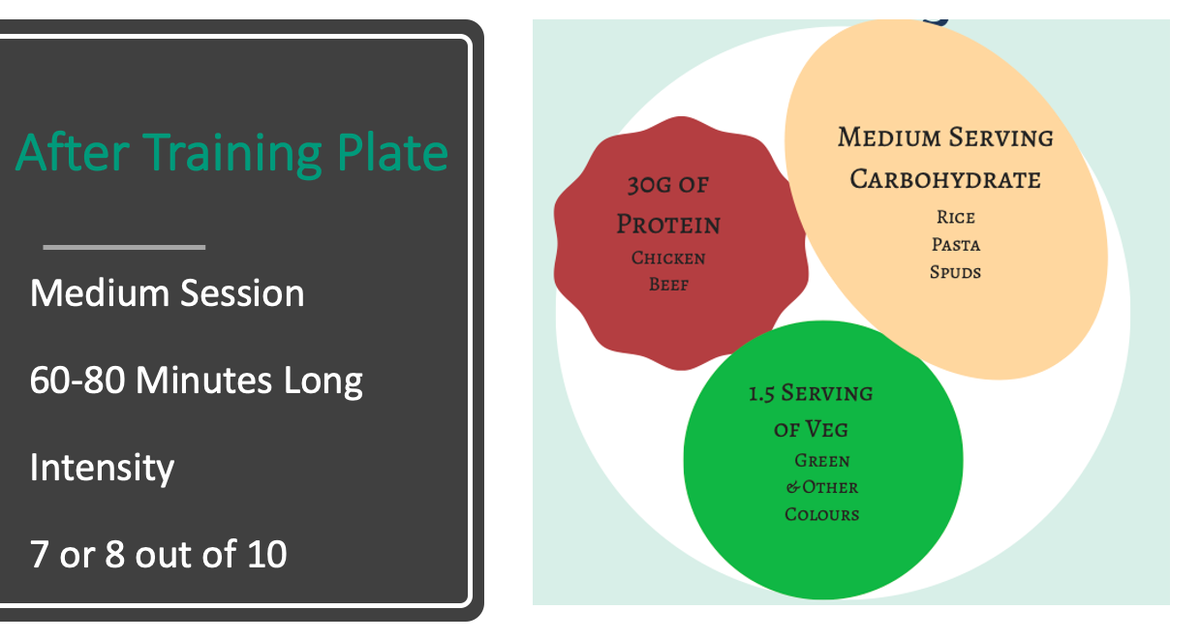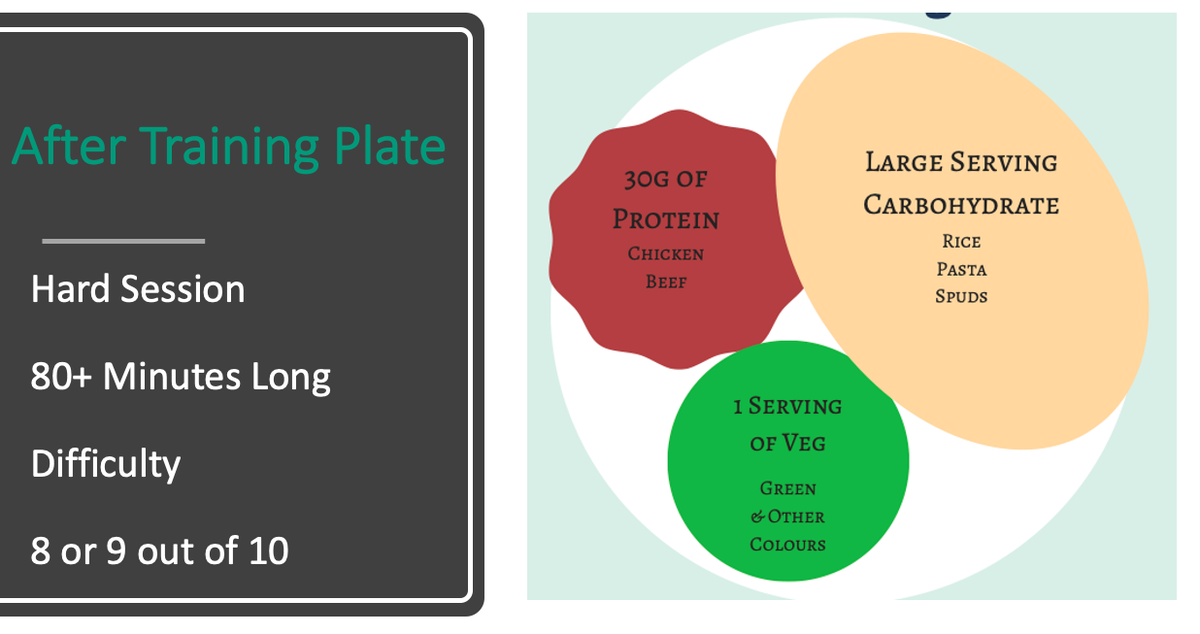Another nutrition thread that may be useful to people as we head into championship games over the next while. A simple introduction that focuses on some aspects of health and some aspects for performance with practical takeaways towards the end
The main governing factor for a successful long-term diet (and a large contributor to long-term health) is calorie balance. The other points are obviously important but ensuring your intake and output are in some way matched will help set you up for long term success
In simple terms, the total amount of food you eat will have the biggest impact, followed by the type of foods you eat, followed by when you eat those foods
Eating more food than you burn leads to weight gain
Eating less leads to weight loss
There are numerous ways to cause this to happen in either direction but that’s the basic principle
Eating less leads to weight loss
There are numerous ways to cause this to happen in either direction but that’s the basic principle
While you do need to eat less calories than you burn in a day/week/month to lose weight, etc, there will be some effects on the body. If you’re not trying to lose weight then these will obviously have a negative effect on performance (and health)
If you eat more than you burn then you’ll gain weight (this may be a good thing, especially if you’re trying to increase mass and combine it with resistance training). Otherwise, it will mainly lead to excess body fat and also have a negative impact on performance and health
If you’re able to maintain a relatively stable calorie balance then it’s time to concentrate on where the calories come from. ie - Macronutrients and the role they play in performance and health
Protein - See some sources and general recommendations on how much protein you need each day. Also note that portions of protein (~approx 20-40g) should be spaced out fairly evenly throughout the day
See two example days of eating. Both perceived as quite healthy. Note how Option A has majority of protein in the evening (around training/gym) while Option B (the better option) is more evenly spaced. Also note Option B includes a lot more colour through veg
Many people struggle to include a portion of protein at breakfast (when it’s possibly most important due to the length of time you’ve gone without) so here are some suggestions
Carbohydrates turn into glycogen in the body. Glycogen is the main fuel for muscles and is used up during exercise. This can be replenished reasonably quickly afterwards once you consume carbohydrate. See options below to add to your recovery meal
Fat is important for the digestion of many vitamins and minerals. It also provides energy for very low level exercise. In general, 15-20% of total calories would come from fats but this varies between individuals. Fat is very slow to digest so ideally kept away from exercise
Also, while there are no inherently "good" or "bad" foods it& #39;s worth minimising our intake of saturated fat for general health. No need to eliminate it completely as it& #39;s usually tied to other nutrients, particularly some animal sources of protein.
While processed foods are not universally bad, the less steps a food has been removed from its natural state will generally be better. If what you’re eating doesn’t answer yes to any of these, then aim for something that’s only a step or two removed
When building your plate, lunchbox, etc., Use your hand to guide portion sizes. Double up on carbohydrates if you’ve a particularly active day or training later. Half the carbohydrate and double the veg if it’s an inactive day. (Thanks to @insidePN for the guidelines)
Coming up to game time, we need to focus on a large serving of carbohydrate, moderate serving of protein and minimal fat or fibre. See some options here:
As we get closer to a game, it’s okay to include some sugary (or high GI) foods as they provide the fastest acting energy:
As we often train in the morning at weekends, it can be difficult to find foods that are digested quickly and easy to prepare. While it’s worth beginning to fuel up the night before, here are some options for AM training
7pm is a very common time for Saturday evening games. Here’s some suggested eating for a Saturday evening game. Three options (with one vegetarian option) for each meal time. Feel free to adjust for a Friday or Sunday game
3pm is another common time for Saturday or Sunday games. Same list of options as above. Feel free to adjust as needed for a 2pm or 4pm game
If you get particularly nervous and find it difficult to eat as you approach game time - it’s worth doing the majority of fueling the day before then focus on liquid calories closer to the game. Practice this type of fueling beforehand as it can be difficult on the stomach
As mentioned above, carbohydrate will be the main fuel for recovery but you need to adjust how much you eat depending on how hard/long training was. Keep protein options the same then adjust carbs and veg up and down for the type of training
You can find a similar thread from last year here: https://twitter.com/fhsperformance/status/1156518301431996416?s=20">https://twitter.com/fhsperfor...

 Read on Twitter
Read on Twitter
